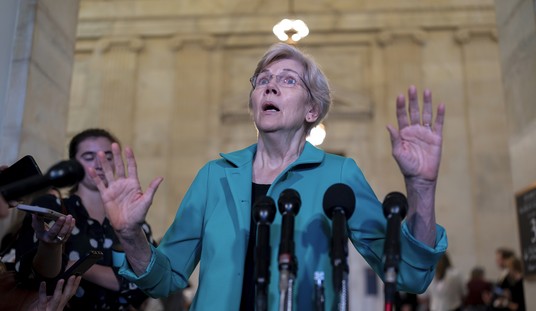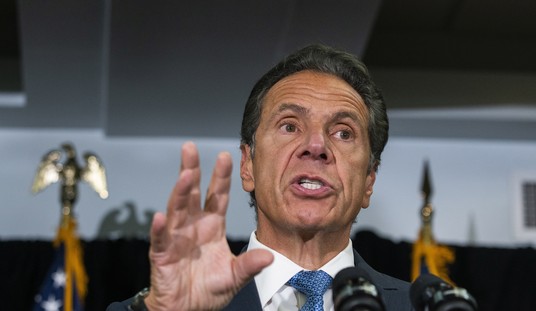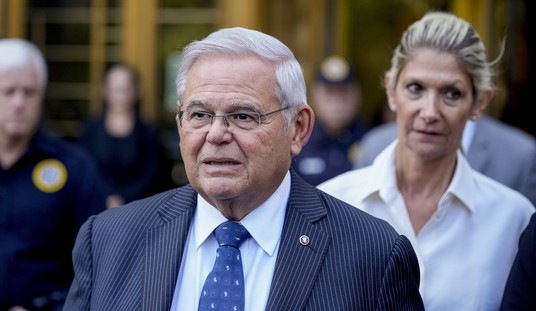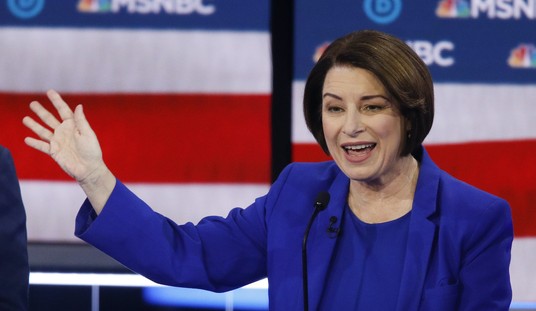You hear that Trump isn’t interested in policy or details. But when you see something like this it becomes kind of amusingly, depressingly real.
The Trump campaign built a large policy shop in Washington that has now largely melted away because of neglect, mismanagement and promises of pay that were never honored. Many of the team’s former members say the campaign leadership never took the Washington office seriously and let it wither away after squeezing it dry.
Basically, while Trump brags about all the important and knowledgeable people he has working for him on staff, the Washington team has been putting in work on overload, and getting no recognition or compensation for it.
Since April, advisers never named in campaign press releases have been working in an Alexandria-based office, writing policy memos, organizing briefings, managing surrogates and placing op-eds. They put in long hours before and during the Republican National Convention to help the campaign look like a professional operation.
“It’s a complete disaster,” one disgruntled former adviser told me. “They use and abuse people. The policy office fell apart in August when the promised checks weren’t delivered.”
Three former members, all of whom quit in August, told me that as early as April they were promised financial compensation but were later told that they would have to work as volunteers. They say the leaders of the shop, Rick Dearborn and John Mashburn, told many staffers that money was on the way but then were unable to deliver. Dearborn is Sen. Jeff Sessions’s (R-Ala.) chief of staff, while Mashburn is the former chief of staff for Sen. Thom Tillis (R-N.C).
Apparently, they were promised some sort of compensation when the vicious niblet, Corey Lewandowski was the campaign manager, and many of the staffers treated their work with the Alexandria-based office as a full time job.
When Paul Manafort took over in July, however, he let it be known that policy-shop staff would be working on a volunteer basis.
Dearborn attempted to get a budget approved, in order to pay staffers, but his attempts were rejected.
Campaign spokesman Jason Miller acknowledged that the Washington policy office grew smaller in August, but he called the effort a success.
“The policy shop has been very successful with the campaign. It’s been a large part of the reason Trump has gone on such a positive run over the month of August,” Miller said. “Following the convention, much of the activity has gravitated towards New York, simply because that’s where the full-time multi-floored campaign operation was set up.”
So, if it was so successful, maybe some sort of compensation is in order?
Then again, Trump has a long and detailed history of NOT paying his debts, as reported on in June, so staffers who actually vetted the man they were working for would have been forewarned to proceed at their own risk.
The list of people who quit the Trump D.C. policy office is long. It includes J.D. Gordon, who was the office’s director of national security and was instrumental in organizing Trump’s “national security advisory committee,” led by Sessions. Also, conservative author William Triplett, Tera Dahl (a former assistant to Michele Bachmann), Ying Ma (who previously worked for Ben Carson) and many others.
The last straw for some came in early August, when the Washington policy shop held two marathon work sessions designed to plan out how to get Trump ready for the policy portions of the upcoming presidential debates. The Washington policy team came up with detailed plans about who would brief Trump on specific policy topics over the course of several weeks.
But after Dearborn worked his staff overtime to get the recommendations, the campaign leadership decided to go in a different direction. “The New York office realized that their candidate would not be receptive to that level of intense preparation,” one former adviser said.
Because he doesn’t take the job seriously. They did.
Then there were suggestions that a lot of the policy work being done was just for show. For example, those economic and national security advisory teams?
Yeah. Those guys… they’re not really speaking with the candidate, much, if at all. The national security advisory team has only met with the orange con once.
Carter Page, brought in as an expert on Russia, has never actually spoke with Trump in a one-on-one setting.
“The national security advisory board was total nonsense. They had absolutely no say in anything,” one of the former advisers said. “Most of them are just names on paper.”
There are still a few people left in Trump’s Washington policy shop, mostly working part time. Some, including Dearborn, are in the process of moving over to the transition team, which is guaranteed money from the taxpayers, according to a law passed to ensure smooth transfers of power between administrations.
Given the news from earlier in the week that suggests that Trump is more focused on his new TV venture after the campaign, than in actually winning and being a leader, it’s hard to work up any real surprise at this, or any sympathy for those who fell for the con and would work to force this fraud on the American people.
The Trump campaign doesn’t appear to think policy depth is a required quality for a presidential candidate or a presidential campaign to succeed. That may prove to be right, but those who gave their time to work for Trump’s Washington shop didn’t know that upfront. They do now.
Conned.
Well, they’re broke, but hopefully, they’re wiser.













Join the conversation as a VIP Member